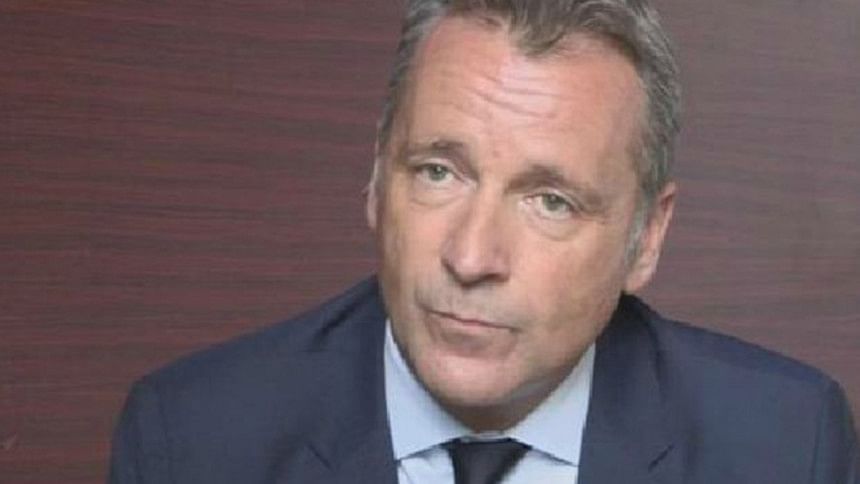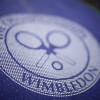Suspicions over tennis match fixing

Secret files exposing evidence of widespread suspected match fixing at the top level of world tennis, including at Wimbledon, can be revealed by the BBC and BuzzFeed News.
Over the last decade 16 players who have ranked in the top 50 have been repeatedly flagged to the tennis integrity unit over suspicions they have thrown matches.
All of the players, including winners of Grand Slam titles, were allowed to continue competing.
The Tennis Integrity Unit - set up to police the sport - said it had a zero-tolerance approach to betting-related corruption.
The cache of documents passed to the BBC and Buzzfeed News include the findings of an investigation set up in 2007 by the organising body, the Association of Tennis Professionals (ATP).
Hear the whole story on File on 4, Tuesday 20:00 GMT, BBC Radio 4
Its job was to look into suspicious betting activity after a game involving Nikolay Davydenko and Martin Vassallo Arguello. The two players were cleared of violating any rules but the investigation developed into a much wider enquiry looking into a web of gamblers linked to top-level players.
The documents we have obtained show the enquiry found betting syndicates in Russia, northern Italy and Sicily making hundreds of thousands of pounds betting on games investigators thought to be fixed. Three of these games were at Wimbledon.
In a confidential report for the tennis authorities in 2008, the enquiry team said 28 players involved in these games should be investigated but the findings were never followed up. Tennis introduced a new anti-corruption code in 2009 but after taking legal advice were told previous corruption offences could not be pursued.
"As a result no new investigations into any of the players who were mentioned in the 2008 report were opened," a TIU spokesman said.
In subsequent years there were repeated alerts sent to the TIU about a third of these players. None of them was disciplined by the TIU.
A group of whistle blowers inside tennis, who wanted to remain anonymous, recently passed the documents on to the BBC and Buzzfeed News. We contacted Mark Phillips, one of the betting investigators in the 2007 enquiry, who told the BBC they discovered there was repeated suspicious betting activity about a clear group.
"There was a core of about 10 players who we believed were the most common perpetrators that were at the root of the problem."
He has never spoken publicly before about the material he gathered, which he said was as powerful as any he had seen in over 20 years as a betting investigator.
"The evidence was really strong. There appeared to be a really good chance to nip it in the bud and get a strong deterrent out there to root out the main bad apples."
The BBC and Buzzfeed were also passed on the names of other current players the TIU have repeatedly been warned about by betting organisations, sports integrity units and professional gamblers.
Many of these players have been on the radar of the tennis authorities for involvement in suspicious matches going back to 2003.
The BBC and Buzzfeed News have decided not to name the players because without access to their phone, bank and computer records it is not possible to determine whether they may have been personally taking part in match fixing.
However tennis's integrity unit does have the power to demand all this evidence from any professional tennis player.
"There is an element of actually keeping things under wraps," said Benn Gunn, a former police chief constable who conducted a major review of betting in tennis that led to the creation of the Tennis Integrity Unit.
It's the first time he has publicly spoken about his concerns.
"If they were really serious about dealing with this then they really need to create an integrity unit with teeth," he said.
The European Sports Security Association, which monitors betting for leading bookmakers, flagged up more than 50 suspicious matches to the TIU in 2015.
The organisation declared that tennis attracts more suspicious gambling activity than other sport.
Nigel Willerton, director of the TIU, said while it welcomed the support of the betting industry, "it is not the role of betting companies to make judgements about corrupt activity".
He added: "All credible information received by the TIU is analysed, assessed, and investigated by highly experienced former law-enforcement investigators."
The problem of suspicious betting and match fixing is not going away. Eight of the players repeatedly flagged to the TIU over the past decade are due to play in the Australian Open which starts on Monday 18 January.

 For all latest news, follow The Daily Star's Google News channel.
For all latest news, follow The Daily Star's Google News channel. 








Comments